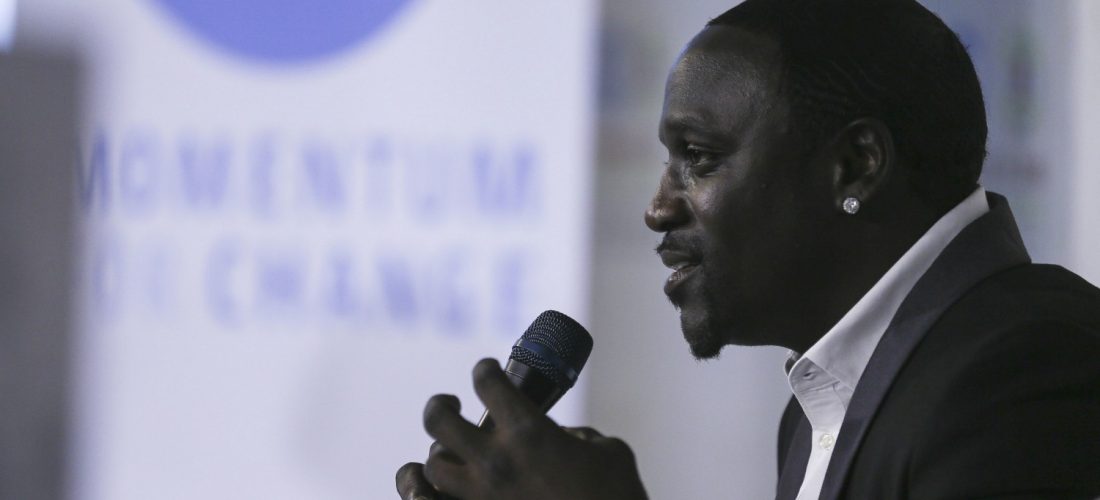DAKAR, Senegal (AP) — American R&B singer Akon is moving ahead with plans to create a futuristic pan-African city, announcing Monday that construction will begin next year on the $6 billion project despite global tourism’s uncertain future.
Akon, who first announced his idea for the utopian city back in 2018, has described it as a “real-life Wakanda,” comparing it to the technologically advanced fictional African place portrayed in the blockbuster film “Black Panther.”
On Monday, Akon said he hoped his project would provide much needed jobs for Senegalese and also serve as a “home back home” for Black Americans and others facing racial injustices.
A hotel within the city plans to feature rooms decorated for each of the 54 nations of Africa. However, the project was designed by a Dubai-based architect because Akon said he couldn’t find a suitable one in Africa fast enough. It’s also unclear what percentage of the building materials and construction teams will be sourced locally.
Akon City is promising a bit of everything: a seaside resort, a tech hub, recording studios and even a zone dubbed “Senewood” that developers hope will help develop Senegal’s film industry.
The singer acknowledged the comparisons made between Akon City and the utopian society in “Black Panther,” calling it an “honor.”
Plans eventually call for Akon City to have its own hospital, police station and even its own cryptocurrency already named AKoin. Without giving specifics, the singer also said he’s considering franchising the concept to other countries on the continent.
Akon rose to R&B fame after his 2004 debut album, but has increasingly focused on development projects in Africa in recent years.
In 2014, he started Akon Lighting Africa, which backs solar energy projects in rural area. For him the inspiration was deeply personal: he found his grandmother was still using candles in Senegal to light her home.
“It just doesn’t make sense how 20 years can pass by and the condition doesn’t change,” he said back in 2016.
In Mbodienne, hopes are high that this project will change lives even if two-thirds of the funding needed has yet to be secured.
“We have a lot of hope. Many promised us projects, but we saw nothing,” village chief Michel Diom said.
___
Associated Press writer Babacar Dione contributed.

